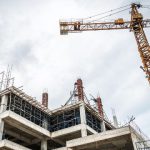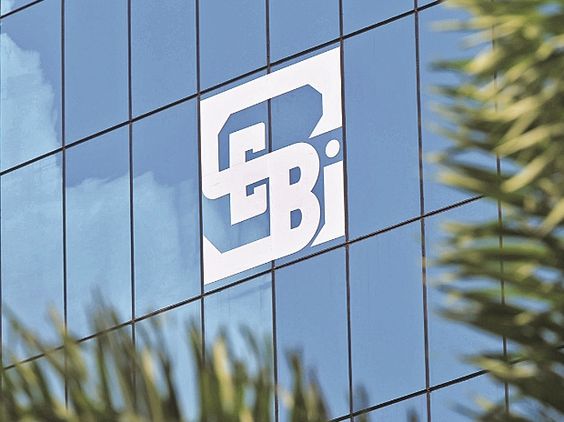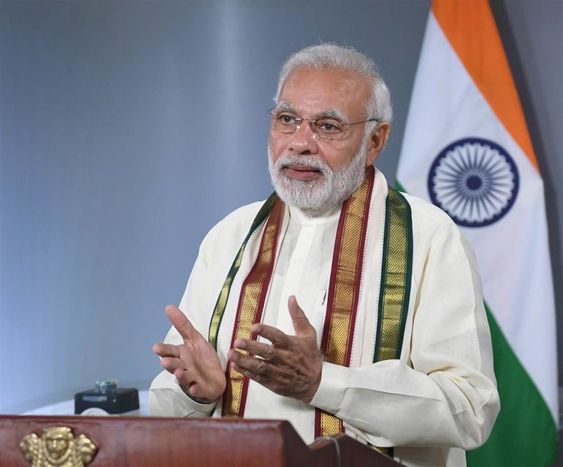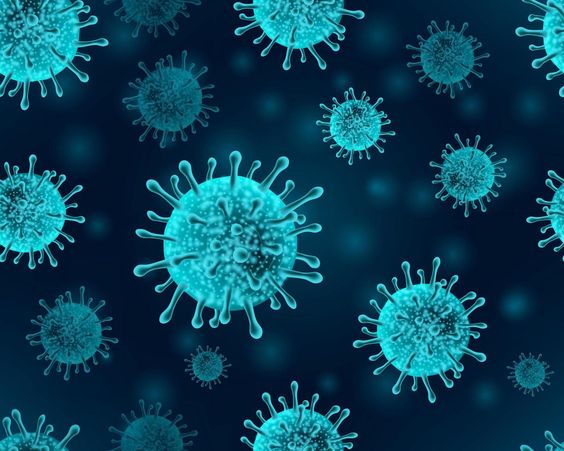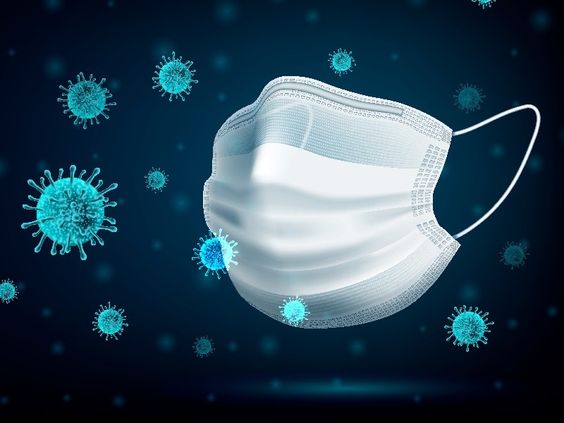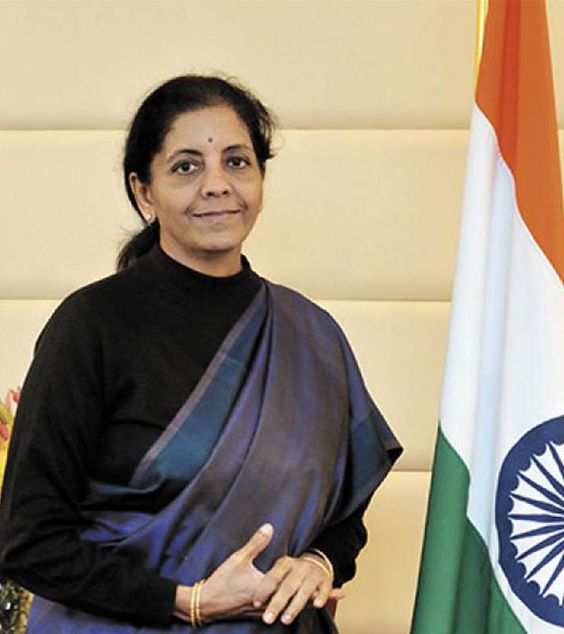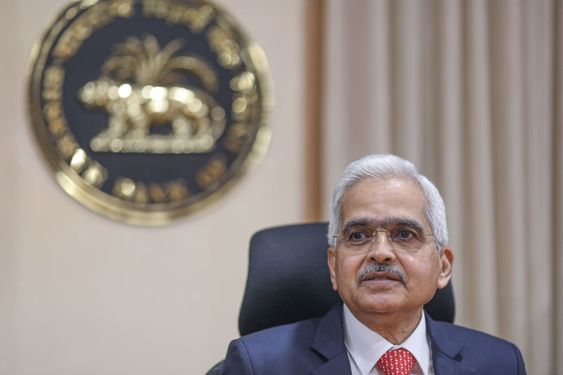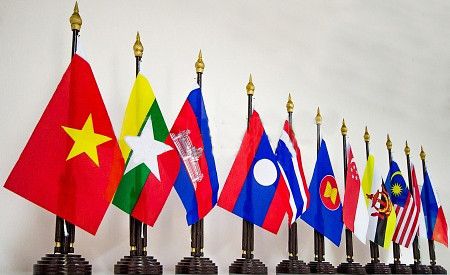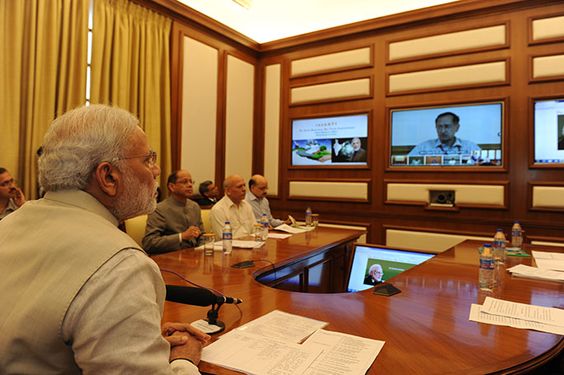India’s R naught value, which indicates the spread of Covid-19, is 1.22, the Union government said on Thursday, warning that cases are increasing, not shrinking. It asked Delhi, Haryana, Tamil Nadu, West Bengal, Maharashtra, Gujarat, Karnataka, and Jharkhand to remain vigilant following a significant rise in weekly infections and positivity rate there.
In view of rising Omicron cases, the West Bengal government on Thursday announced that it would suspend all direct flights from the UK and those emanating from other high-risk countries (as notified by the Union government) from January 3. This, even as Chief Minister Mamata Banerjee maintained that coronavirus-related restrictions cannot be imposed everywhere as they may impact the economy.
Eight districts in India are reporting over 10 per cent weekly positivity across the country. The country on Thursday reported a single-day rise of over 13,000 new Covid-19 cases after around 49 days.
Speaking to the media, Balram Bhargava, director-general of the Indian Council of Medical Research (ICMR), noted that immunity against Sars-CoV-2 lasts for over nine months after natural infection and vaccination. This is likely to shape India’s policy on giving additional or booster doses to its population. The Centre has already indicated that health care, frontline workers and co-morbid senior citizens will now be eligible for a third Covid shot after they complete nine months post their second vaccine shots.
Policy decisions on vaccination assume significance as Omicron cases start to mount across the country – 961 cases of Omicron detected so far, of which 320 people have recovered.
Also addressing the press conference, NITI Aayog Member (Health) V K Paul said: “We believe on the scientific basis R0 is 1.22 as per the available data… so the cases are now increasing, not shrinking. As the scenario emerges, we believe what we are witnessing could be part of the global rise in cases pushed by the Omicron variant… we are already aware that this variant is highly transmissible and that perhaps explains the speed with which it is rising in the world.”
Earlier in the day, Delhi Health Minister Satyendar Jain said that Omicron was gradually spreading in the community and the new, fast-spreading variant of concern accounted for 46 per cent of the 115 Covid samples analysed in the city, so far. “These people include those who do not have any travel history. It means Omicron is now inside Delhi. Indeed, the variant is gradually spreading in the community,” he said.
The daily Covid figure in Delhi crossed the 1000-mark after 7 months, reaching 1,313 — a 42 per cent rise over Wednesday’s 923 cases.
The financial capital, Mumbai, too, witnessed a massive surge in fresh coronavirus cases yet again. The city reported 3,671 infections — 46 per cent higher than Wednesday. Out of total cases, Dharavi recorded 20 cases, the highest since May 18.
Mumbai Police has imposed Section 144 in the city until January 7 2022, in view of rising Covid cases and Omicron concerns. Parties in any closed or open space have also been banned until that date. Kolkata, too, nearly 102 per cent rise in fresh Covid cases. The daily case count more than doubled to 1,090 from 540 in a day.
Even as Omicron is infecting a large number of vaccinated people globally, Bhargava noted that coronavirus elicits three kinds of immune responses – antibody-mediated, cell-mediated immunity and third, immunological memory. Measuring the antibody titres alone does not capture the entire protection. The durability of immunity post infections persists for about nine months.
Citing global references, he said studies from the US show that immunological memory post-Sars-CoV-2 natural infection lasted for over eight months. Similarly, a study from China showed that antibody and cellular responses persist for about nine months after infection. Longitudinal studies from the US show that most patients had detectable Sars-CoV-2 antibody responses even after 13 months of infection. A systematic review of 10 studies from Israel, England, Denmark, the US, Austria and Italy showed over 90 per cent reduction in re-infection after ten months.
“Therefore 8-10 months is the general period of protection. We are taking a more conservative estimate and saying that one is protected for about nine months,” he added.
Indian studies that have tracked people who have had infections in 2020 and 2021 for eight or nine months seem to corroborate the claims made by global studies.
A study by ICMR, Pune on 284 individuals showed the persistence of neutralising antibodies for over eight months (after infection), while a study by ICMR, Chennai showed that antibodies persisted for over seven months, and a Mumbai study on healthcare workers showed persistence of antibodies for over six months.
Vaccination also induces immunity. “Durability of immunity post-vaccination lasts for about nine months,” Bhargava said.
He cited a study from Kolkata to say that cell-mediated immunity after Covishield and Covaxin lasts for 10 months. A Kerala study showed that hybrid immunity with Covishield is stronger than only infection-induced immunity.
About 90 per cent of India is covered with at least one dose of a Covid19 vaccine, while 63 per cent of people in this country have received two doses.
Precautionary vaccine doses for Covid19 are primarily to mitigate the severity of infection, hospitalisation, and death. “All Covid vaccines, whether they are from India, Israel, US, Europe, UK, or China, are primarily disease-modifying. They don’t prevent infection. The precautionary dose is primarily to mitigate the severity of infection, hospitalisation, and death,” Bhargava added.



